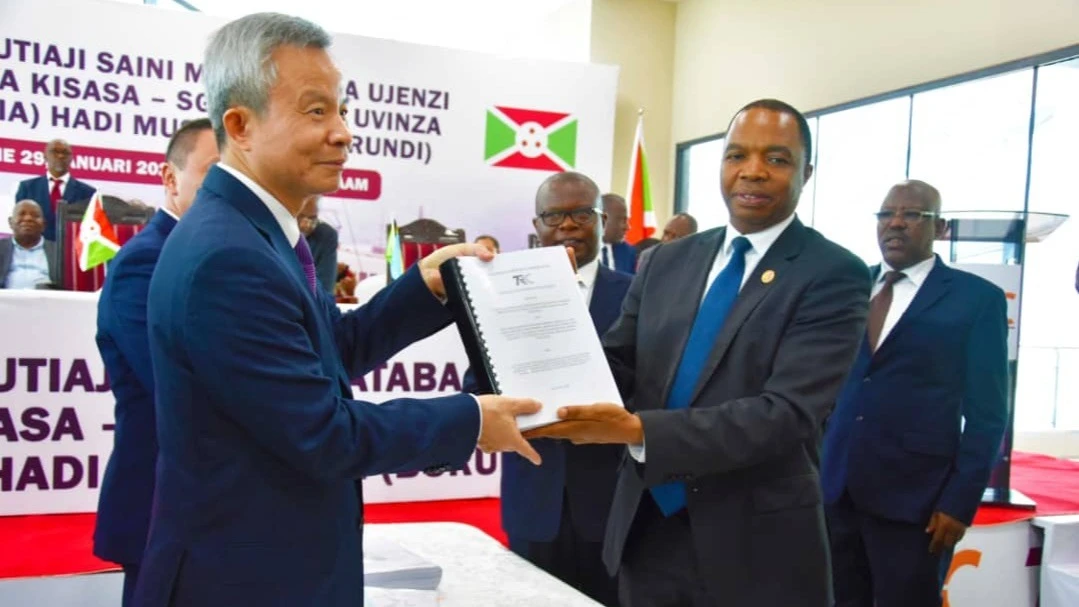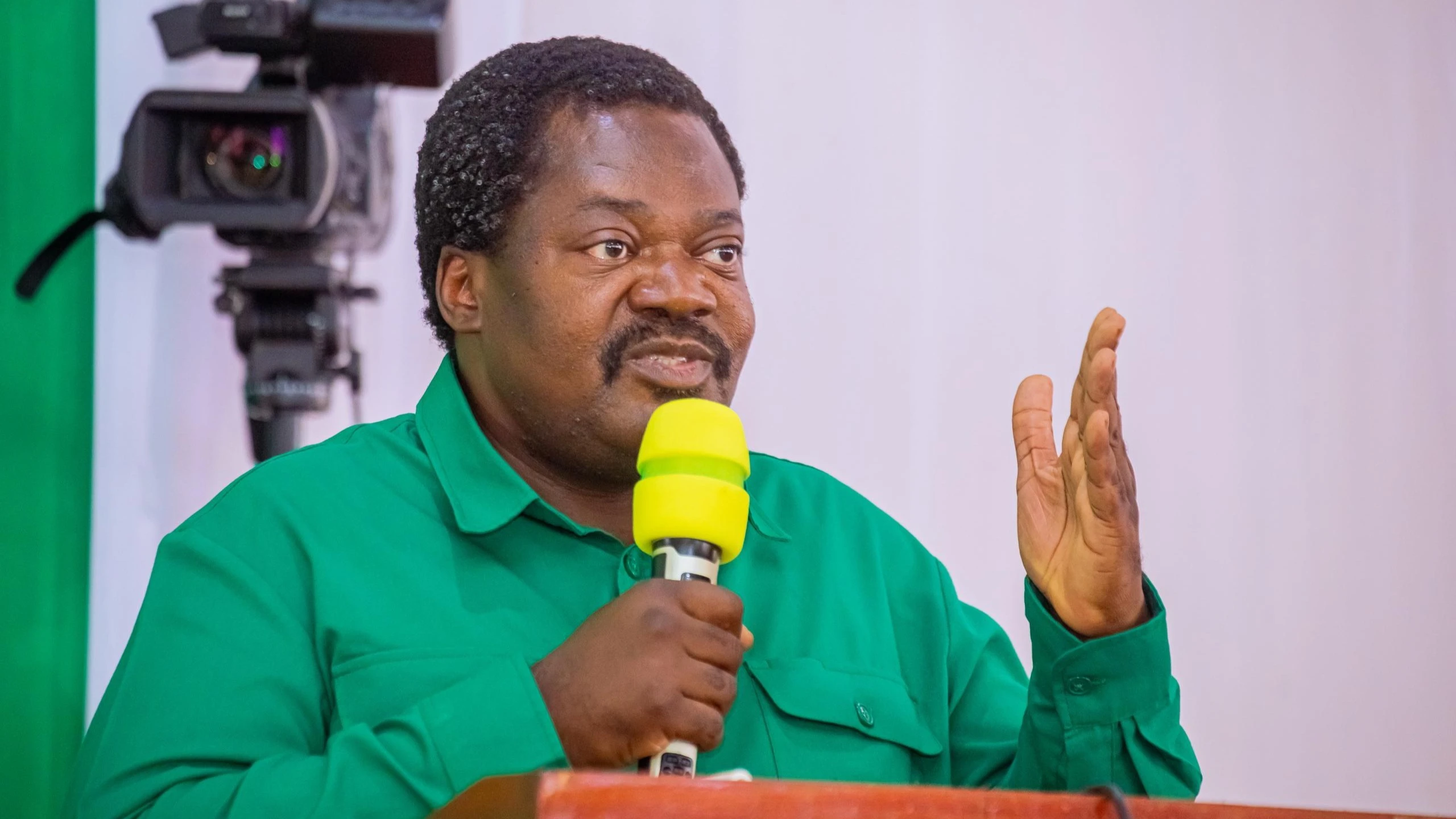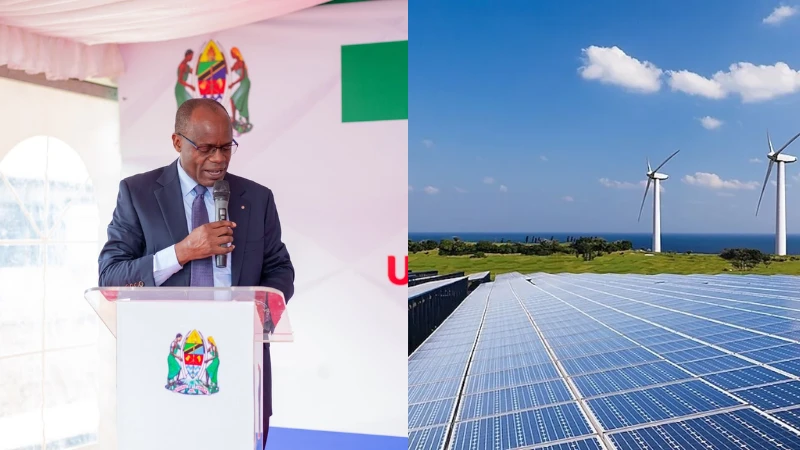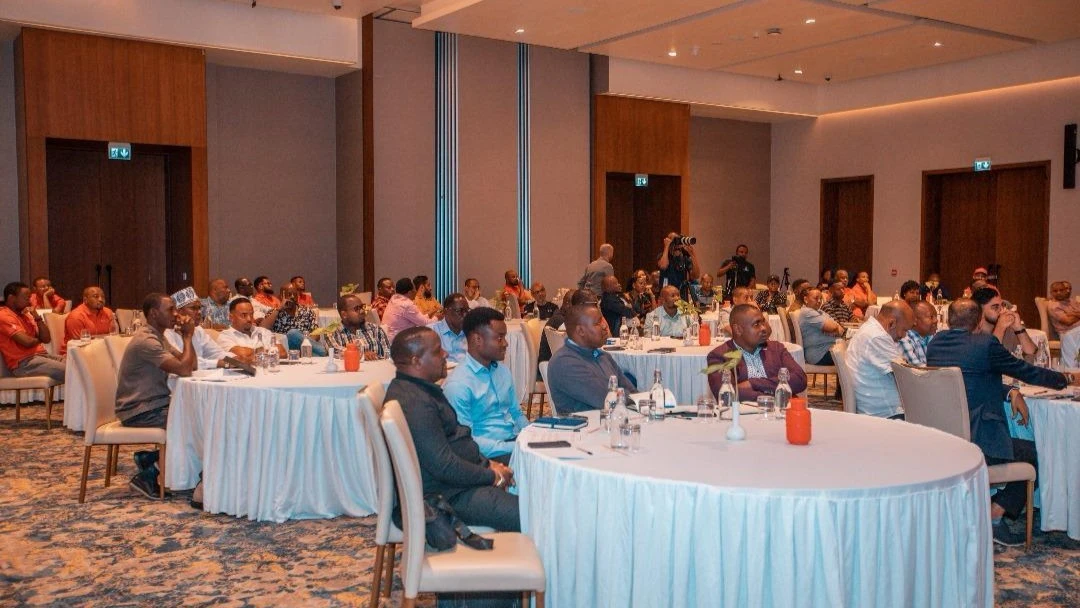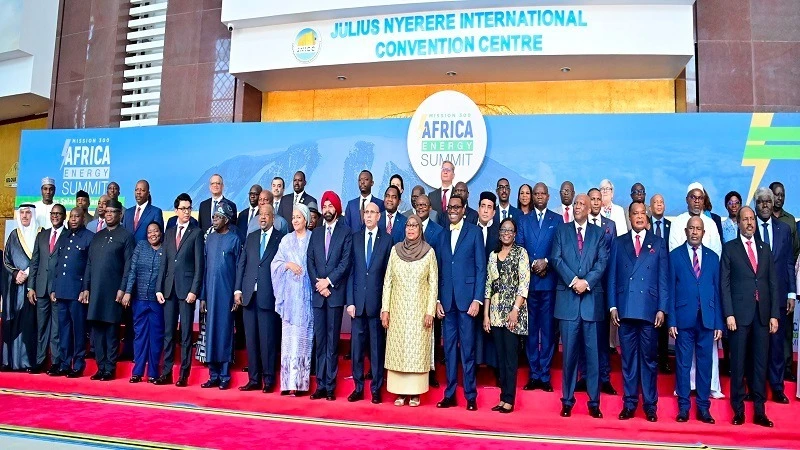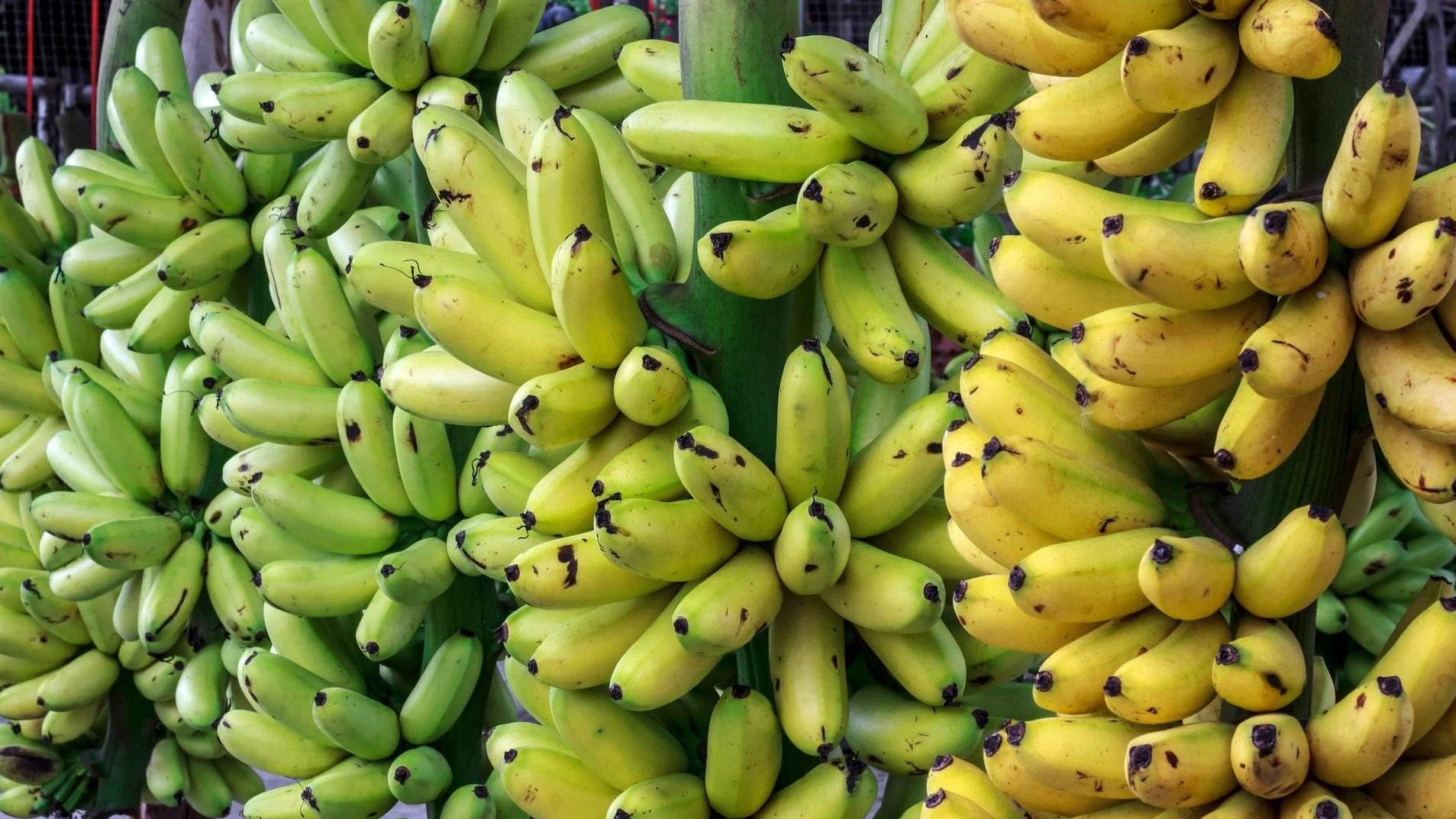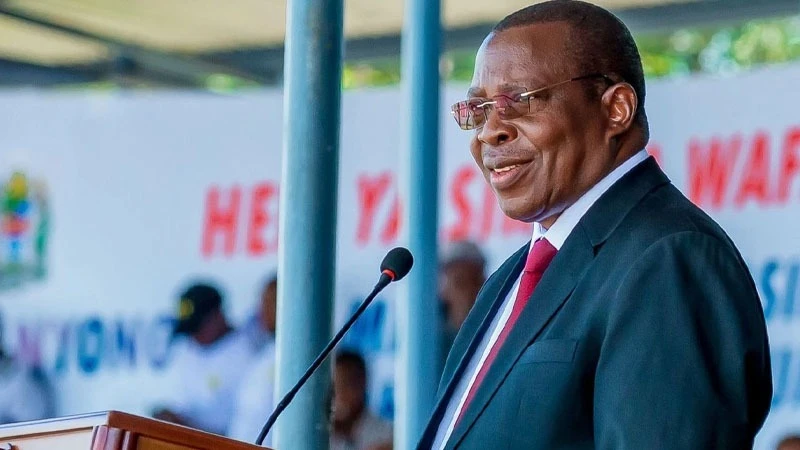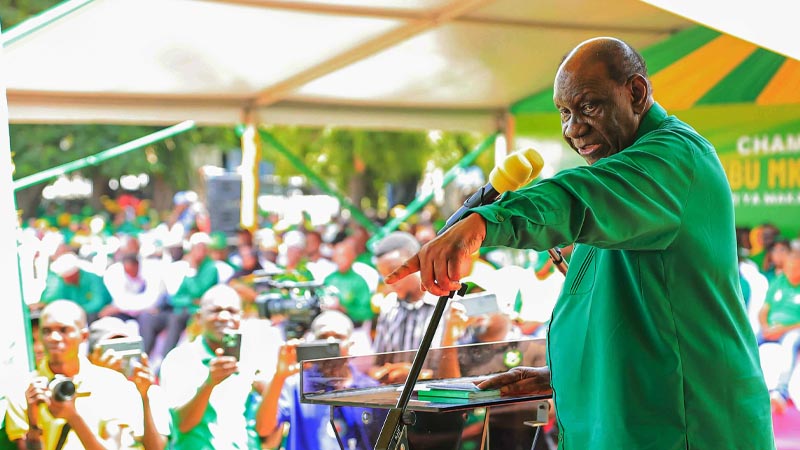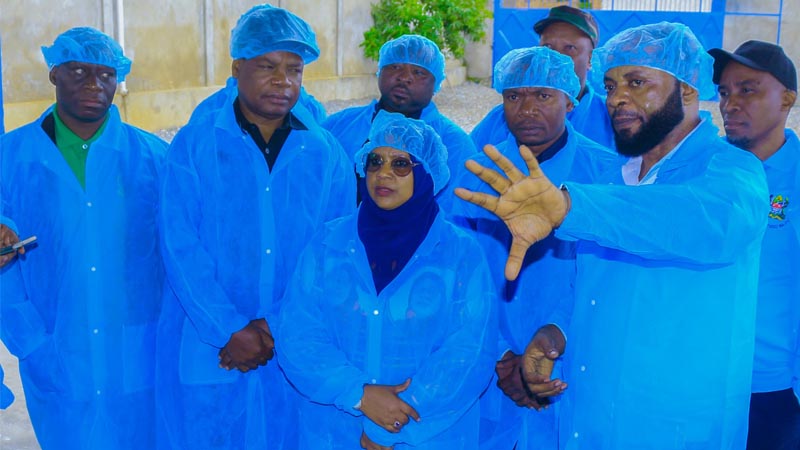Int'l Day of Peace—Gender equality, women empowerment in cultivating culture of peace

TODAY in Tanzania - as in the rest of the world - the international community comes together to mark and commemorate the International Day of Peace.
Celebrated each year, this day provides the opportunity to reflect on what constitutes peace and what transformative changes are needed to bring about long-lasting peace.
In his 100-day countdown to the International Day of Peace message, the United Nations Secretary-General António Guterres encourages each of us to strive harder to promote dialogue, empathy and human rights for all, emphasizing that peace is a culture that needs to be cultivated in the minds of children and communities across countries and generations.
Peace is not simply the absence of war, it is a day-to-day practice. The participation and leadership of women and girls is key to this practice and to sustaining peace. From local dispute settlement to international peace agreement negotiations, women and girls are crucial actors to ensure that peace processes, decisions taken and measures implemented are responsive to the priorities and needs of women and girls.
In 2000, the United Nations Security Council adopted Resolution 1325 (UNSCR 1325). Along with subsequent resolutions, Resolution 1325 acknowledges that women and girls are disproportionately affected by conflict and play key roles across the peace continuum—from conflict prevention to post-conflict reconstruction. Driven by an African-led initiative, the Women, Peace, and Security (WPS) Agenda was established. Today, 108 countries, including the United Republic of Tanzania (URT), have developed and are implementing National Action Plans (NAPs) on UNSCR 1325 to advance women’s participation and leadership in peace and security processes.
In line with the objectives of the newly launched National Gender and Women Development Policy (2023-2033), the first Tanzania National Action Plan (NAP) on UNSCR 1325, developed with support from UN Women and currently undergoing approval, aims to play a key role in promoting the meaningful participation, influence, and leadership of Tanzanian women in preventing conflict and sustaining peace. This includes their involvement at all levels of public decision-making, relief and recovery efforts, and peace and security processes. The NAP also complements other national frameworks such as the National Plan of Action to End Violence Against Women and Children II.
As we come together to celebrate the International Day of Peace, we acknowledge Tanzania’s efforts to advance the Women, Peace, and Security Agenda and honour the women and young women who continuously work to build and sustain peace in their communities.
Peace thrives when women are included. By promoting gender equality, challenging harmful stereotypes, and investing in women’s leadership, we can create a more inclusive and sustainable peace.
On this International Day of Peace, let us reaffirm our commitment to building a Culture of Peace where women’s voices are heard, their rights are protected, and their leadership is celebrated. Together, we can create a world where this becomes a reality for all.
Annually, on 21 September, the world marks the International Day of Peace. Established by the United Nations, this day epitomises our joint aspiration for a world devoid of discord and turmoil.
Katherine Gifford is the Officer in Charge UN Women Tanzania.
Top Headlines
© 2025 IPPMEDIA.COM. ALL RIGHTS RESERVED











